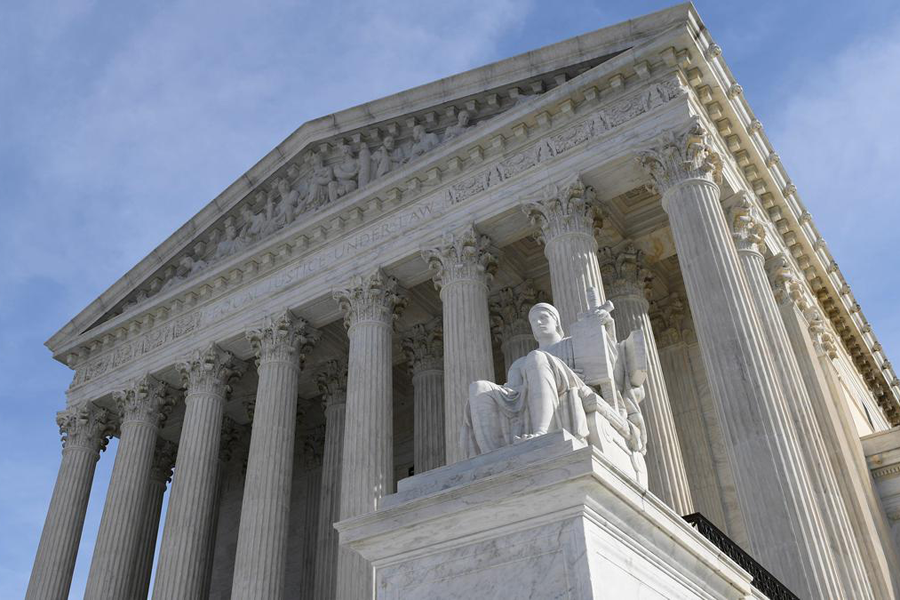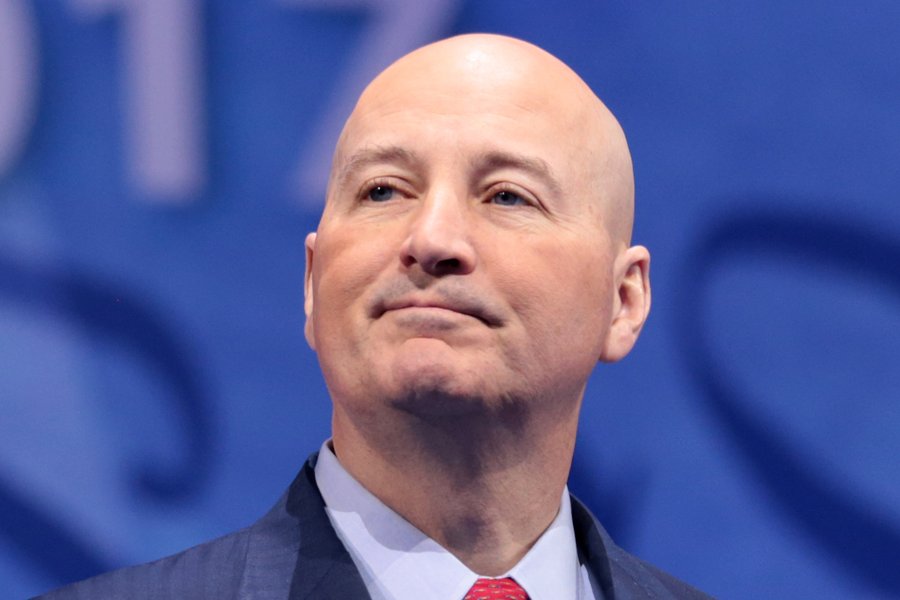By TCG Editorial Staff
The beginning of the end to America’s long national nightmare is finally in sight.
The ending to this horror began today at 9:10 am Central Time, when the U.S. Supreme Court released its long-awaited abortion decision in Dobbs v. Jackson Women’s Health Organization.
The 6-3 opinion in favor of Dobbs also explicitly overturned (by a 5-4 vote) 1973’s Roe v. Wade and 1992’s Planned Parenthood v. Casey, which first enshrined and then solidified abortion as a constitutional right across the country. Roe essentially struck down all state laws prohibiting abortion.
Writing for the majority in Dobbs, however, Justice Alito said:
The Constitution does not confer a right to abortion; Roe and Casey are overruled; and the authority to regulate abortion is returned to the people and their elected representatives.
Predictably, only Justices Breyer, Sotomayor and Kagan (all appointed by Democrat Presidents Obama and Clinton) dissented from the Dobbs decision. Chief Justice Roberts wrote a concurring opinion in which he agreed with the decision in favor of Mr. Dobbs, but the Chief Justice did not support the full overturning of Roe.
It was not lost on Catholics, however, that the Dobbs opinion came down on June 24, the Solemnity of the Sacred Heart of Jesus, a greatly celebrated holy day in the Catholic Church. The Dobbs decision is in some measure a tribute to authentic Catholic jurisprudence, which is rooted in the concepts of natural law and philosophical ethics, principles that actually pre-date the Catholic Church but which now largely inform its legal philosophy.
As a result, four of the five justices who voted to overturn Roe are Catholic (the fifth vote was from Justice Gorsuch, who was reared as a Catholic and who attended the Jesuit Georgetown Prep during high school. At least since his marriage to an Anglican, however, Justice Gorsuch reportedly attends an Episcopalian church). But because of Dobbs, the celebration by observant Catholics will be particularly special this year. Dobbs has been an answer to their prayers — and to those of many others — across almost half a century.
But what does Dobbs mean for Nebraskans?
The first thing to understand is what Dobbs did not do. Dobbs did not impose a nationwide ban on abortion. It only returned that decision to the states, where it actually resided prior to Roe.
Nebraska’s Republican Party fumbled this effort in the Cornhusker State by allowing anti-life Democrats and “Republican in Name Only” RINOs to enjoy control of key Unicameral committees that have to date not made a “trigger law” possible in Nebraska.
The second thing to understand relates to the present status of Nebraska law on abortion. Unlike some states (which simply left their old anti-abortion laws on the books, which they can now presumably enforce once again), Nebraska’s Unicameral foolishly failed to follow this course of action. (Had Nebraska enjoyed the benefits of a bicameral legislature, the “second house” might have allowed cooler heads and more temperate judgments to prevail. But that is a topic for some future article.)
Other states have enacted “trigger laws” banning abortion that will now automatically come into effect because of the Dobbs decision.
But Nebraska’s Republican Party fumbled this effort in the Cornhusker State by allowing anti-life Democrats and “Republican in Name Only” RINOs to enjoy control of key Unicameral committees that have to date not made a “trigger law” possible in Nebraska.
With Dobbs, though, Republicans, led by Gov. Pete Ricketts, now have an opportunity to enact robust and comprehensive anti-abortion laws for Nebraska by way of a Special Session this summer or fall.
If Gov. Ricketts and the Republican majority in our Unicameral fail to do so, however, then Republican voters can deal with such legislators at the polls in November by electing new Senators who will get the job done when the new Unicameral takes office in January.




